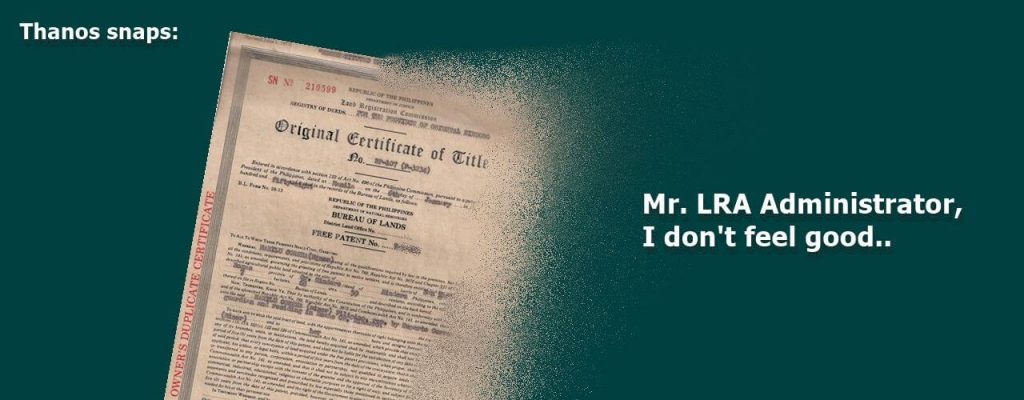 certificate of title" width="1024" height="400" />
certificate of title" width="1024" height="400" /> certificate of title" width="1024" height="400" />
certificate of title" width="1024" height="400" />
An Original Lost Certificate of title can only be reissued after a 1.5-year Reissuance of a Title court case in the Philippines.
A Reissuance of Title court case only applies when the title is completely lost, totally destroyed or has been stolen.
A newly issued Owner’s Copy of Title can be canceled if the old one is presented, so consult a Land Lawyer if you know where the title is but cannot get it back.
In this article, I’ll discuss common questions for a land title such as:
· Everything about an Affidavit of Loss (What is it, Requirements, Who makes it, etc.)
· Reissuance of Lost Land Title such as who files, where to file, what is the process and how much it cost
· FAQs, including selling and buying property without a Land Title
This article deals with what happens if there is a lost certificate of title or if the land title is destroyed.
Our other articles cover other situations regarding How title land in the Philippines is a great place to start to register unregistered land or to introduce you to how to transfer a land title to your name. For personal information, contact us to consult with a Land Lawyer.
 certificate of title." width="1280" height="500" />
certificate of title." width="1280" height="500" />
If the Philippine Land Title is lost, file an Affidavit of Loss with the Registrar of Deeds and then file a Petition for reissuance of lost title at court to get a new Owner’s Copy of Title.
It’s important to replace the lost certificate of title as soon as you can because without it:
· You cannot title property in new owners’ or heirs’ names as the Registry of Deeds needs the Original Owner’s Certificate of Title
· You cannot mortgage it as reputable lenders like banks will require the Original Owner’s Certificate of Title
I’ll go over both the Affidavit of Loss and the Petition for Reissuance of Lost Title below.
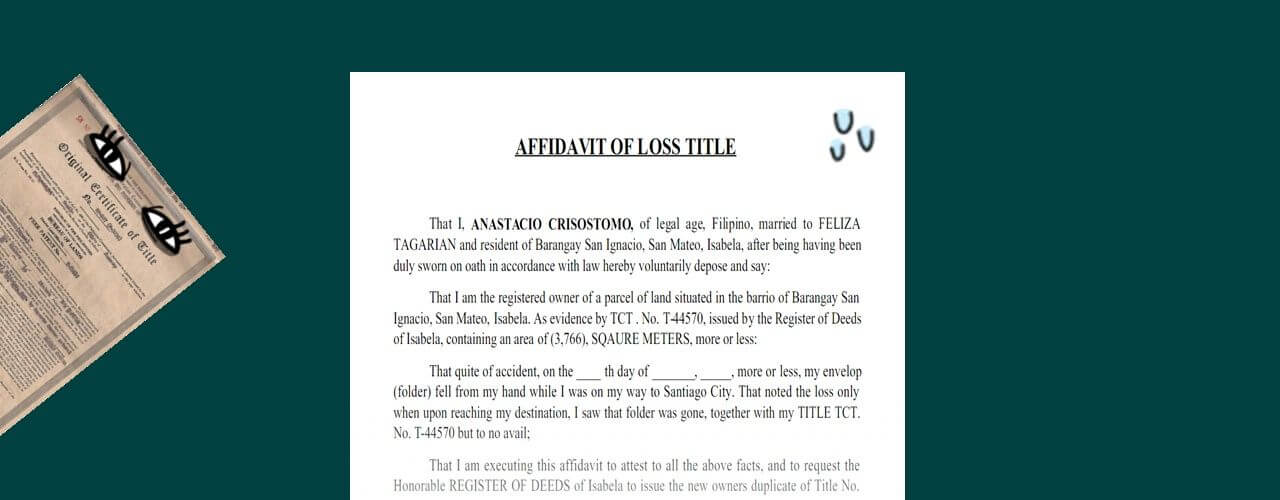 certificate of title" width="1280" height="500" />
certificate of title" width="1280" height="500" />
An Affidavit of Loss of Title is a notarized document stating that the land title was lost, which must then be registered with the Registry of Deeds (RD) to inform the public and annotate the RD’s Copy.
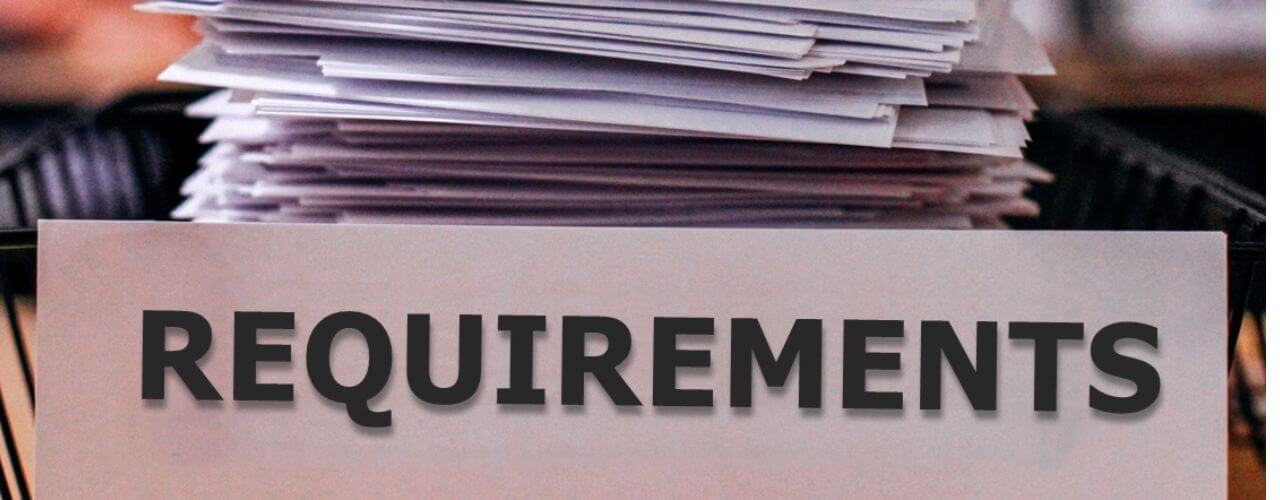 certificate of title" width="1280" height="500" />
certificate of title" width="1280" height="500" />
An Affidavit of Loss of Title has the following requirements:
· A notarized document signed by concerned parties, authenticated if the parties are abroad
· Contains details of the lost certificate of title and the circumstances under which it was lost
· Must be registered at the RD as this informs the RD and the public that there is a lost Certificate of Title and this protects your ownership.
Remember that an Affidavit of Loss must be registered at the RD.
This is important.
People who buy property will do the RD to do due diligence . At this point, they will be notified that there is a missing Land Title and this will deter them from buying from someone who may be defrauding them.
 certificate of title" width="1280" height="500" />
certificate of title" width="1280" height="500" />
An Affidavit of Loss may be made by the owner or someone on his behalf.
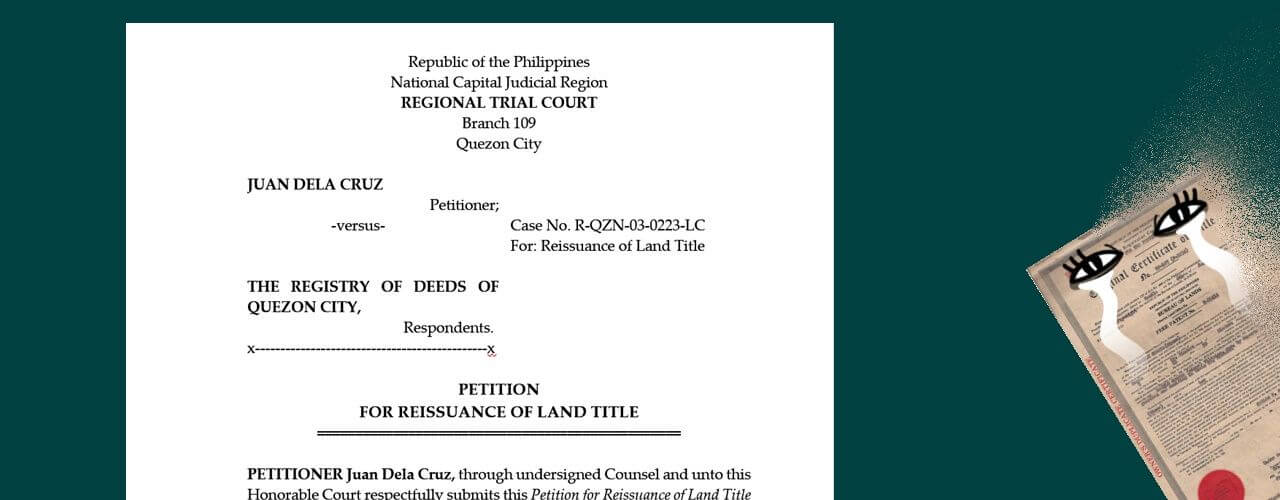 certificate of title" width="1280" height="500" />
certificate of title" width="1280" height="500" />
A petition for Reissuance of Lost title is a court case that requests the court to authorize the Registry of Deeds to issue a replacement Owner’s Title.
This reissued Owner’s title will be restored in its original form and condition.
 a lost certificate of title" width="1280" height="500" />
a lost certificate of title" width="1280" height="500" />
An owner, an heir, or an entity that has a financial interest in the property – for example, a bank to whom the property was mortgaged – may file a petition for Reissuance of Lost Title.
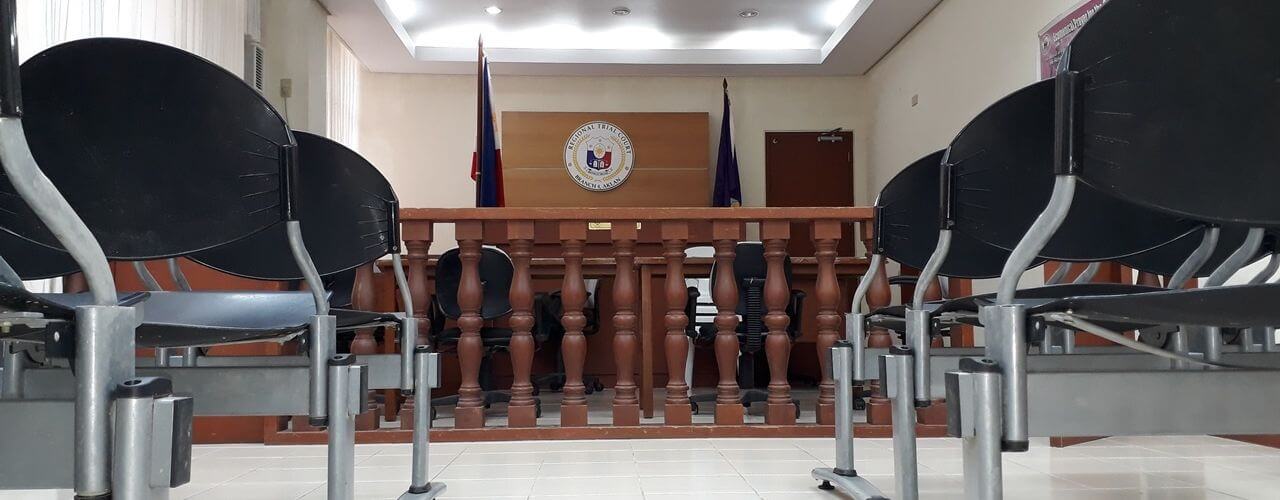 certificate of title is filed" width="1280" height="500" />
certificate of title is filed" width="1280" height="500" />
A petition for Reissuance of Lost Title is filed at the Regional Trial Court that has jurisdiction over where the land is located.
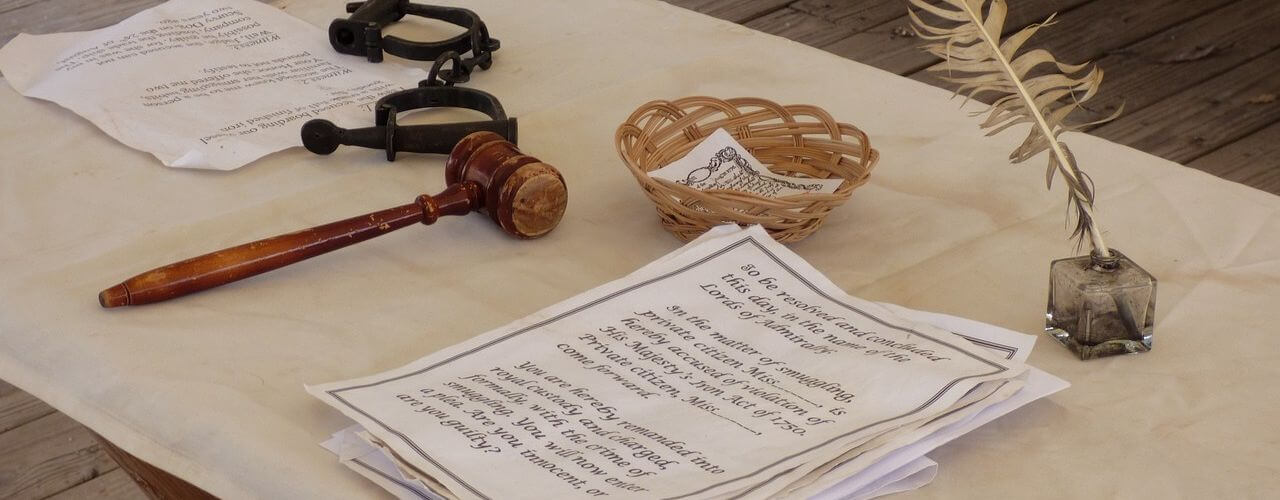 certificate of title" width="1280" height="500" />
certificate of title" width="1280" height="500" />
The requirements to file a Reissuance case are documents that show your ownership such as a Certified True Copy of Title from the Registry of Deeds.
A more detailed list of accepted documents is below:
· Co-owners, mortgagee’s or lessee’s duplicate Certificate of Title
· Certified True Copy of Title from the Registry of Deeds
· If the Reissuance is for a Transfer Certificate of Title, the Deed of Transfer such as a Deed of Absolute Sale, Extrajudicial Settlement, Deed of Donation or other like a document on file at the Registry of Deeds upon which the lost certificate of title had been issued
· If the Reissuance is for an Owner’s Copy of Title, the patent or registration that the land title originated from which is on file at the Registry of Deeds
· A document, on file in the registry of deeds, by which the property, the description of which is given in the said document, is mortgaged, leased or encumbered, or an authenticated copy of the said document showing that its original had been registered
· Any other document accepted by the court
In a petition for Reissuance of a lost title, the most commonly used document is a Certified True Copy of Title from the RD.
The other documents are used as well but on a smaller scale.
If you have lost the Original Owner’s Copy of Title, go to the RD to get these documents or at least order the Certified True Copy of Land Title online before contacting a land lawyer to file a case.
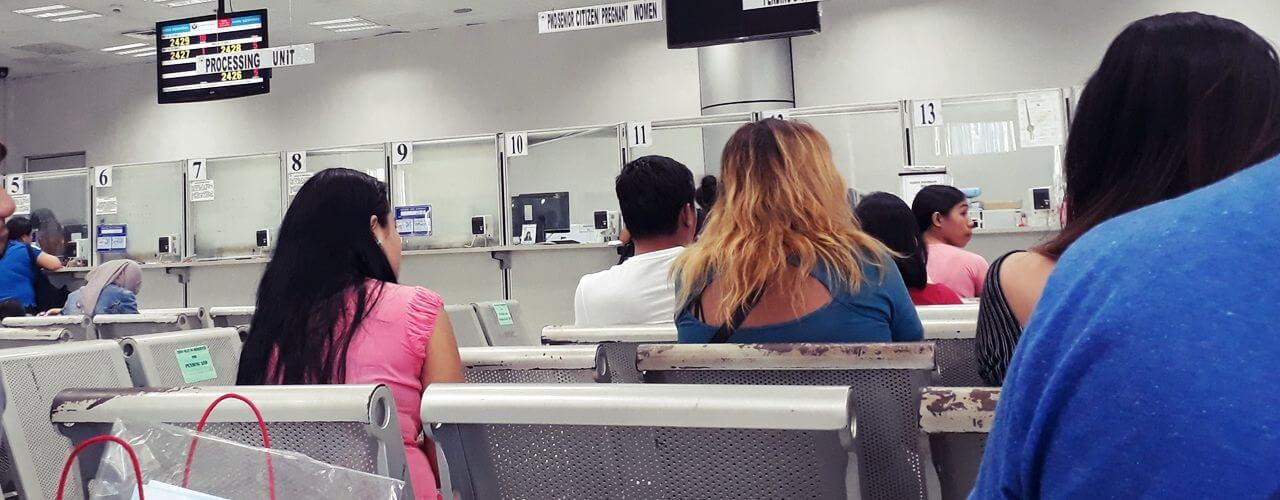 certificate of title" width="1280" height="500" />
certificate of title" width="1280" height="500" />
The process to file a petition for Reissuance of Lost Title in the Philippines is gathering the documents, filing the case, completing trial and then registering the decision at the RD.
In detail, the process is like this:
· Gathering documents at the Registry of Deeds and supporting documents like the tax declaration
· Land Lawyer drafts a petition for reissuance of title and attaches supporting documents
· Completing jurisdictional requirements such as posting, service, etc.
· Presenting jurisdictional requirements at a hearing
· Presentation of evidence with witness testimony
· Filing a formal offer
· Decision of the court
· Registering the Decision of the court at the RD
This is the process if the case is not opposed.
If the case is opposed, then expect it to take much longer as the process becomes more involved.

The cost for a Reissuance of a lost certificate of title is composed of document gathering fees, land lawyer’s fees, and court costs. It can increase when the case is opposed.
Because this is a full trial and because it takes at least a year and a half from filing to a decision, expect to pay for that amount of work.
Perhaps a good peg is about one-half of the total cost of an Annulment case – but it’s hard to give an exact figure because it depends on the lawyer’s experience, your location and the documents you have.